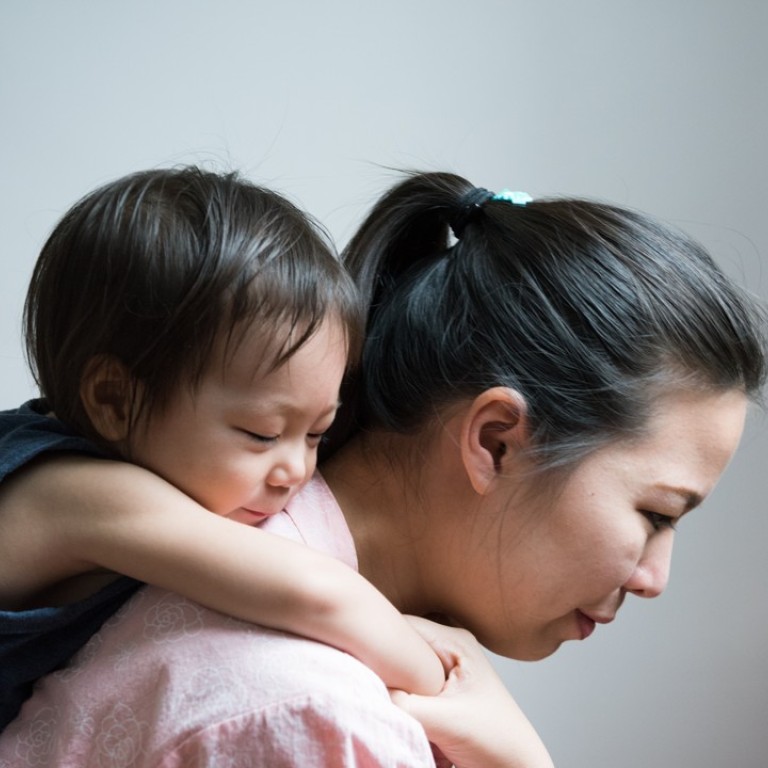
Half of Hong Kong employers do not want to hire women with children, study finds
Findings illustrate lack of awareness of discrimination against employees, researcher notes
While 8 per cent of 630 workers with caregiving responsibilities felt they were treated differently because of their family status in the past two years, about 20 per cent of them said they had quit their jobs before. Of 1003 employees surveyed, 630, or 62 per cent, said they had such responsibilities.
Government subsidies could offset cost of maternity leave extension
The study was conducted last year in four ways: phone polls, focus groups, in-depth interviews and a survey of selected employers. In total, 436 employers and 1,030 employees took part.
Of 102 employers interviewed about their ideal job applicants, only 47.2 per cent said they would offer jobs to mothers who had young children.
[Not hiring mothers] is not related to competence, commitment or potential … Mothers are the main victims of family status discrimination
“It means [this decision] is not related to the competence, commitment or potential of these women,” said Dai Haijing, one of the researchers and an associate professor at Chinese University.
“Mothers are the main victims of family status discrimination.”
According to Ferrick Chu Chung-man, director of policy, research and training of the EOC, about 40 per cent of gender discrimination complaints it received are related to pregnancies.
“Family status discrimination is often interwoven with sex discrimination,” Chu said. “If a woman chooses to become a mother, then it automatically means she chooses to suffer from the so-called motherhood penalty.”
Dai called for day care centres and after-school care programmes to be improved and made more affordable, which she said was more desirable to women than paid family leave, including maternity leave.
“Most working mothers themselves don’t think paid family leave can really solve their problems, as it reinforces the stereotypes that mothers can’t focus on career development,” Dai added.
Hong Kong body tasked with promoting equality ‘is men’s club’
Also, Hongkongers lacked awareness of discrimination against employees who were responsible for the care of direct family members, Chu said.
“This is because this problem is less understood and less prevalent here, compared with discrimination related to race and gender.”
Family status is legally defined as the responsibility of a person for the care of an immediate family member, related by blood, marriage, adoption or affinity. An ordinance related to discrimination against a person on the basis of his or her family status was passed in the city in 1997.
Out of 630 employees with family caring duties polled through the phone, 49 – or 7.8 per cent – said they had experienced discrimination, but only six of them had tried to report their cases to the employers or the EOC.
Chu noted from 2011 to 2017, the EOC received a total of 152 complaints about family status discrimination. This was only 3.3 per cent of all its cases over the six-year period.
“Many … find it unnecessary to report, or do not know how to appeal,” Chu continued. “Some even think [discrimination] is understandable, that it is not a problem.
What Hong Kong still needs to do to help women at work
“The mindset that it is not a problem is precisely the problem,” he said, adding that more resources should be allocated to improve education on the issue.
In a 2015 EOC survey, only 28 per cent of about 6.5 million Hongkongers knew there was a law on family status discrimination.

